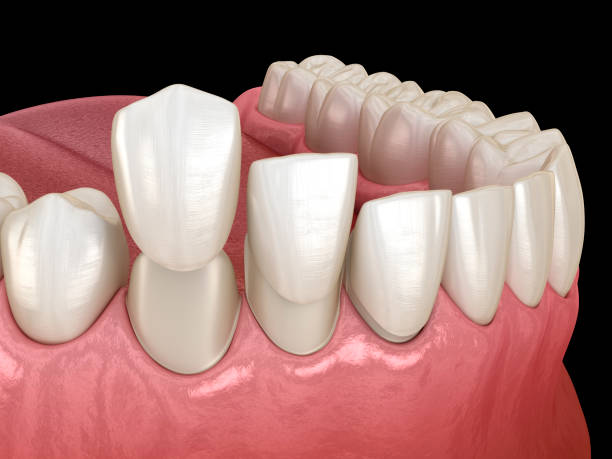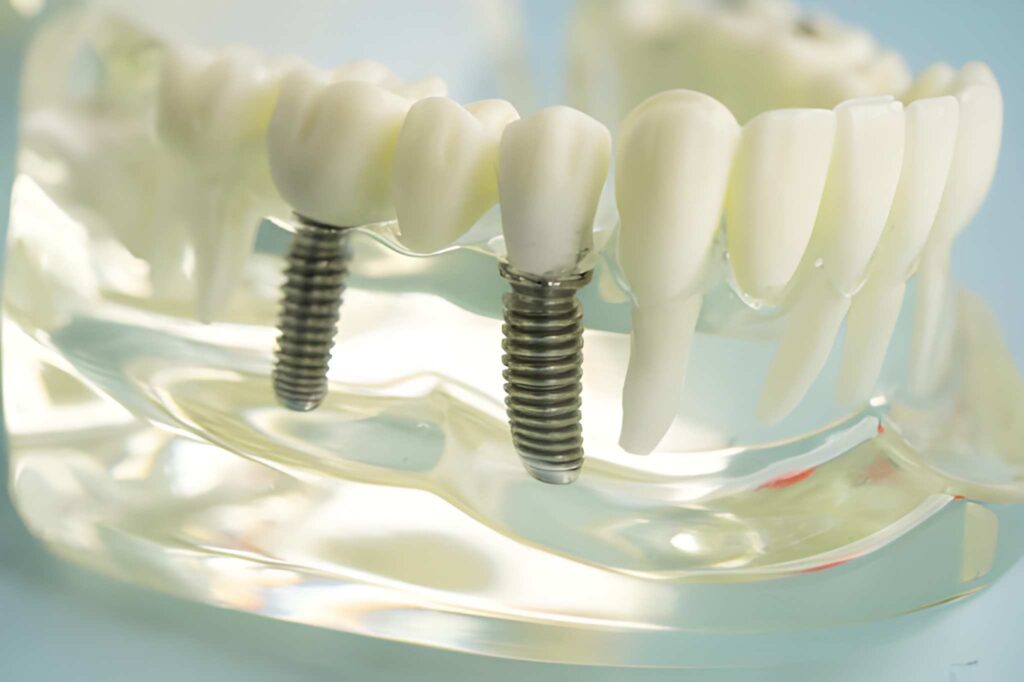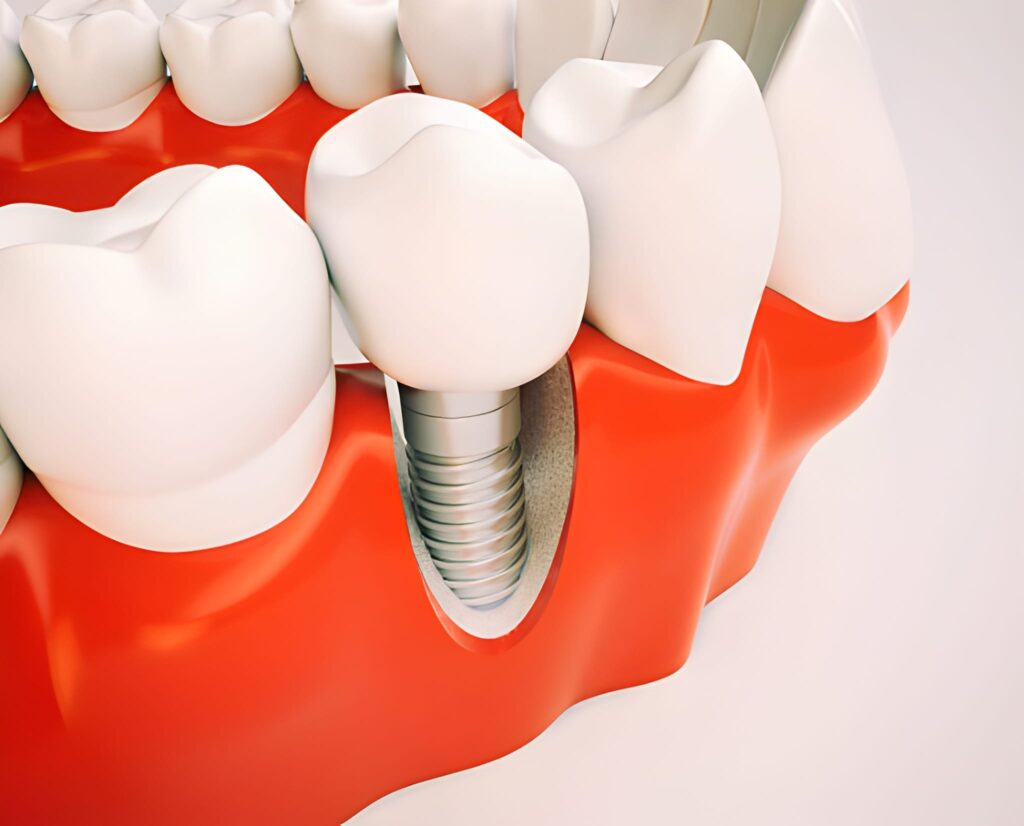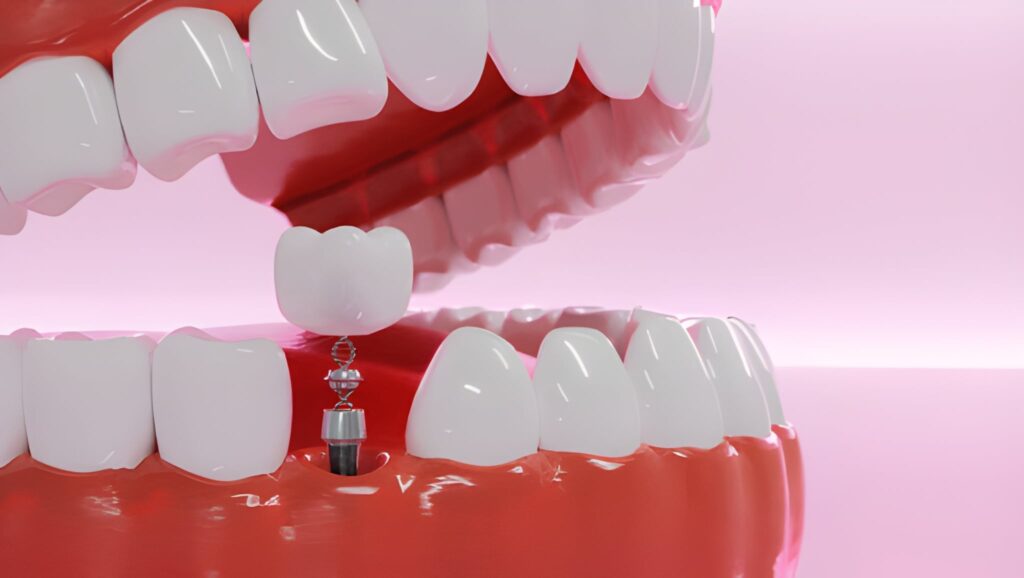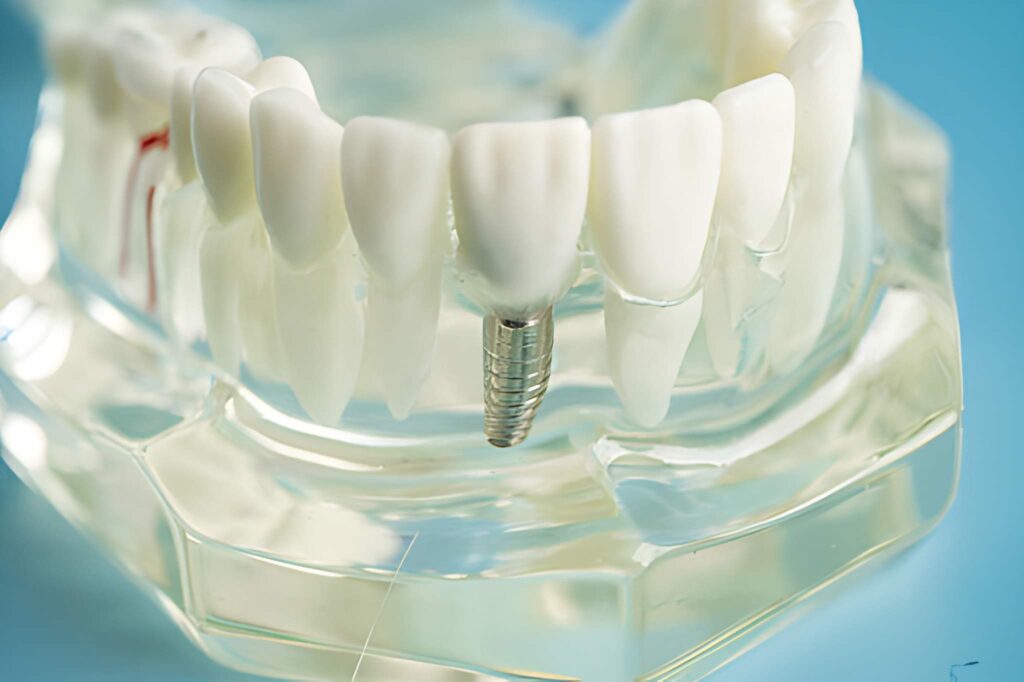Composite bonding is a popular cosmetic dental treatment designed to improve the appearance of your teeth. It’s particularly effective for fixing chips, closing gaps, and reshaping teeth. If you’re considering this procedure, you’re likely wondering about the cost. The price of composite bonding per tooth can vary, depending on several factors. In this article, we’ll break down what affects the cost of composite bonding and what you can expect when you go for this smile-enhancing treatment.
What is Composite Bonding?
Composite bonding involves the application of a tooth-coloured resin to the surface of your teeth to enhance their shape, size, or colour. It’s a minimally invasive procedure that can fix minor cosmetic issues without the need for drilling or removal of your natural tooth structure. The dentist applies the composite material directly to the tooth, shaping it to meet your desired result before curing it with a special light to harden the material.
Factors Influencing the Cost of Composite Bonding
While composite bonding is often considered an affordable cosmetic treatment, the cost can differ based on several factors. Here are the main ones that will affect the price of your treatment:
1. Number of Teeth Being Treated
One of the main factors influencing the cost is how many teeth you want to treat. The more teeth you want to enhance, the higher the price will be. For example, treating just one or two teeth will cost less than treating a full set of teeth. Many dental practices will charge per tooth, so it’s essential to consider how many teeth you’d like to work on.
Can Composite Bonding Fill Gaps?
2. Complexity of the Treatment
The complexity of your treatment will also determine the cost. If your teeth only require a small repair, such as filling a small chip, the procedure will be quicker and cheaper. However, if you need significant reshaping or need bonding on multiple teeth, the cost will increase. Additionally, some teeth might require more attention than others, which can affect the overall price.
3. Dentist’s Expertise
Experienced cosmetic dentists may charge more for their services, but you can expect higher-quality results. Their expertise and reputation could justify the price, ensuring that your composite bonding is done perfectly to give you the best aesthetic outcome. While it’s tempting to opt for cheaper options, investing in a skilled dentist can save you from potential issues down the road.
4. Location of the Dental Practice
The location of the dental practice can significantly impact the cost of composite bonding. Dental practices in major cities or high-end areas tend to charge higher fees due to the increased cost of operating in those locations. Conversely, practices in smaller towns or rural areas may offer lower prices.
5. Materials Used
Not all composite bonding materials are the same. Some dental practices use higher-quality resins that can make a noticeable difference in appearance and durability. These premium materials will cost more but will result in a more natural look and better longevity. Always ask about the materials your dentist will use to get a clearer idea of the treatment’s cost.
Is Composite Bonding Worth the Price?
Composite bonding is a cost-effective solution for improving your smile compared to more invasive treatments like veneers or crowns. It’s a quick procedure with minimal discomfort, and the results can be impressive. While composite bonding may not be as durable as other options, such as porcelain veneers, it can last several years with proper care.
If you’re looking for a way to enhance your smile without undergoing major dental work, composite bonding is an excellent choice. It’s less expensive than crowns or veneers and doesn’t require any significant alteration to your natural teeth.
One of the major benefits of composite bonding is that it’s non-invasive and doesn’t require the removal of healthy tooth material. This makes it a more conservative option compared to veneers or crowns, which require the removal of a layer of enamel.
How Long Does Composite Bonding Last?
Composite bonding generally lasts between 5 to 10 years, depending on how well you care for it. Good oral hygiene and regular dental check-ups will help extend the life of your bonding. Avoiding habits like biting your nails, chewing on hard objects, or using your teeth as tools can also prevent the bonding from chipping or cracking.
Composite bonding material can also become stained over time, so it’s essential to limit your intake of staining substances like coffee, tea, and red wine.
Payment Options for Composite Bonding
Since the cost of composite bonding can add up, many dental practices offer payment plans to make it more affordable. Some of the options available may include:
- Interest-free finance: Spread the cost of your treatment without paying interest.
- Monthly instalments: Pay for your treatment in smaller, more manageable payments.
It’s a good idea to discuss these options with your dentist when you schedule your consultation. Many clinics also offer packages or discounts for treating multiple teeth at once, so don’t hesitate to ask about any available promotions.
Conclusion
Composite bonding is an affordable and effective way to improve the appearance of your smile. The cost per tooth typically ranges from £200 to £400, depending on various factors such as the number of teeth treated, the complexity of the procedure, and the experience of the dentist.
While composite bonding may not last as long as other treatments like veneers or crowns, it offers a fantastic option for those looking to enhance their smile without the high price tag. Be sure to choose a skilled dentist, and ask about payment options to make the treatment fit your budget.
Ready to Transform Your Smile?
If you’re considering composite bonding, the Holburn Dental & Implant Centre can help you achieve the smile you’ve always wanted. Our team of experienced professionals will provide personalised care and ensure your treatment is as comfortable as possible. Contact us today to book your consultation and get started on your smile makeover!
FAQs on Composite Bonding
Is composite bonding suitable for all teeth?
Composite bonding works best for front teeth, where aesthetics are most important. It can also be used for minor repairs or reshaping, but it may not be suitable for back teeth that endure a lot of pressure.
How long does the composite bonding procedure take?
The procedure typically takes 30 minutes to an hour per tooth, depending on the extent of treatment. It’s a quick, minimally invasive process that usually requires no anaesthesia.
Will composite bonding stain over time?
Yes, composite bonding can stain, especially if exposed to foods and drinks like coffee or wine. Regular brushing and professional cleanings can help maintain its appearance.
Does composite bonding require maintenance?
Composite bonding doesn’t need special care, but it’s important to maintain good oral hygiene and avoid habits that could damage it, such as biting hard objects.
Can composite bonding be repaired?
Yes, if the bonding chips or becomes damaged, it can be repaired. A dentist can add more composite material to restore the bond and improve the appearance of your teeth.
